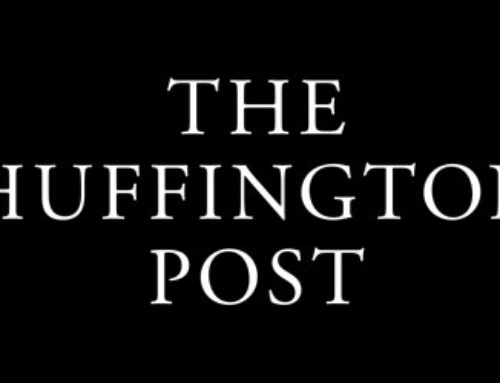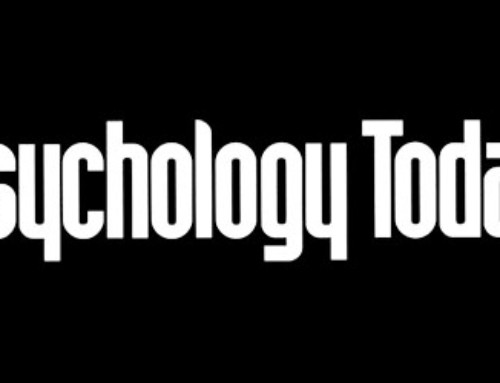Every December, there’s the end-of-year cultural assessment that happens in the media and in peoples’ lives. We’re presented with best of lists in magazines, asked to take stock of how our year went, and begin to consider how we can make the coming year a more abundant and gratifying one, for ourselves, our company, our family, and maybe even the world.
Whether or not we are granted a fresh start every year, the world is set up so that we believe it’s possible. But a fresh start doesn’t just involve starting something new, it means letting go of the past – in the form of jobs, relationships, living arrangements, body types, overall health – doing whatever it takes to get out of the rut you’ve been stuck in.
Letting go is the flip side of starting over. Most of the time it feels easier to stay with people, places, positions – until forward motion has ceased entirely, and you need a whole new way of looking at your current situation. Diminishing returns are still return on an investment, and hanging on until something becomes unbearable sometimes feels like the only choice. It’s only later, what you shake your head and wonder how you let it go on so long. Knowing when to make a move takes years of experience, and a wide-lens view of where you are in life.
The truth is…every day is a new start. It’s making oneself believe the truth in such a simple statement that’s the hard part. When we arrive at a wall or a dead-end street, we know we have no choice but to train our minds into doing what’s best for ourselves – develop new habits, and over time some of these habits become as ingrained as the self- defeating choices we’d previously made. Change happens constantly in the world. The trick is to make change work in your favor, not against you.
The people we are most emotionally invested in are our significant others, friends, family members, children, and beyond that are people we work with daily and our community at large. People who go through tough times together develop strong emotional attachments, and you only get to know how a person reacts in challenging situations over time. In action adventure love story movies, this dynamic plays out regularly, often with characters trading off saving each other’s lives over the course of the film. In real life, a hero might be someone who pulls a victim out of a burning building or someone who is the breadwinner of a household. Change happens over the length of a lifetime, and in an instant.
Deciding to start or stay in a relationship, a job, or a community often hinges on the idea of making a difference. More and more, this is the deciding factor in peoples’ lives. A new relationship holds the promise of a different way of interacting with yourself, and in the world. A new job can change your life and the lives who depend upon you. Both starting over as a complete physical rebuilding of a town or community, and doing the difficult work of rebuilding trust in local or global communities takes time, effort, grit, and commitment.
At the end of the year we turn the page on a calendar, notice it’s a new year, and consider all the habits or resolutions we want to break free from or reinforce. Just thinking about changing doesn’t do the trick. Small and large actions lead to the big and little differences we want to appear. Change happens like the way talking a walk happens. Opening the door and having your feet carry you forward, into a different day.




